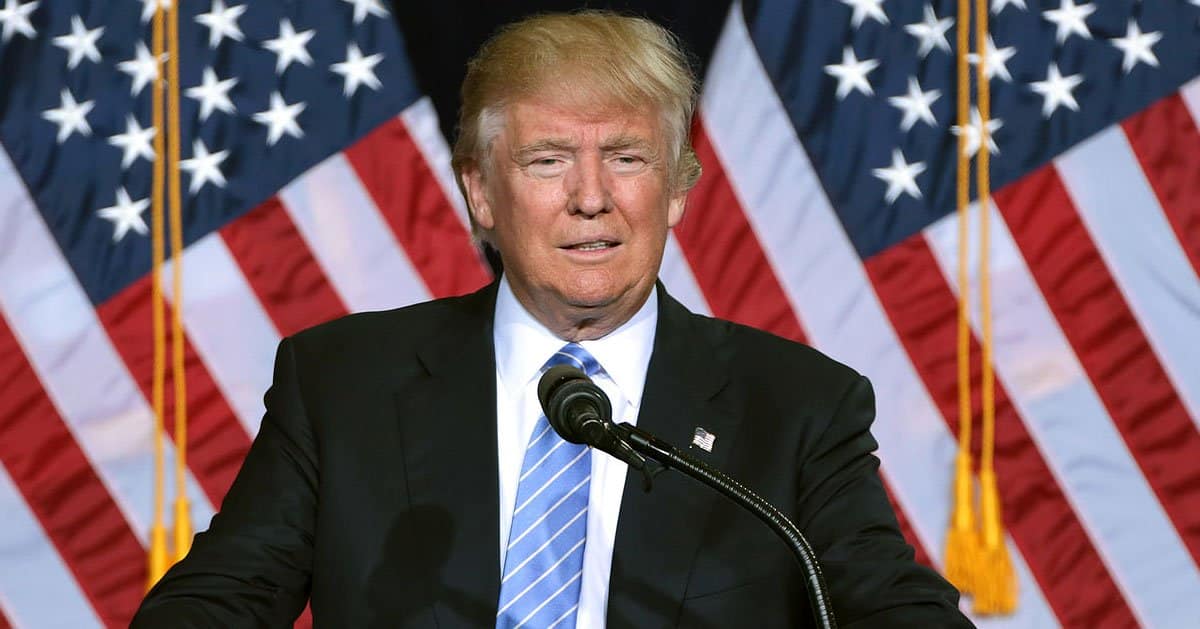







Amidst a tense political landscape, the Senate failed to pass a crucial bipartisan tax reform bill, signaling potential challenges for future fiscal negotiations.
The Washington Times reported that the Senate's failure to pass a tax bill that sought to expand child and business tax credits has cast doubt on Congress' ability to reach future agreements on tax policies set to expire in 2025.
The tax bill in question was designed to address urgent tax matters by renewing business tax breaks and expanding the child tax credit for low-income families.
Negotiated by Senate Finance Chairman Ron Wyden and House Ways and Means Chairman Jason Smith, the bill aimed at providing financial relief by making these breaks retroactive to the 2023 tax year and extending them until the end of 2025.
Despite its bipartisan roots and prior approval from the House, where it passed with overwhelming support (357-70), the Senate's test vote fell short, with a 48-44 outcome failing to move the bill forward. The vote highlighted a stark division among lawmakers, with only three Republicans supporting the measure.
Senators Josh Hawley, Markwayne Mullin, and Rick Scott were the only Republicans who voted in favor of the bill, showcasing a rare break from the majority of their party, who expressed various reservations about the proposed tax changes.
Independents also played a crucial role in the bill's fate. Bernard Sanders and Joe Manchin, both independents, opposed the bill, further complicating its prospects in the Senate and reflecting the complex political dynamics at play.
Republican senators articulated concerns that expanding the child tax credit might disincentivize work, potentially weakening their position in future tax negotiations. Senator John Cornyn voiced apprehensions about the financial implications of refundable tax credits, fearing that it would lead to increased mandatory government spending.
On the other side of the aisle, Democratic Senator Chris Murphy criticized the bill for being overly favorable towards corporations at the expense of working families. He emphasized the need for a more equitable approach to tax legislation, suggesting that future negotiations demand a balanced consideration of all socioeconomic segments.
Amid these differing views, Senate Majority Leader Charles E. Schumer expressed disappointment but remained hopeful.
He stressed that any future majority under his leadership would prioritize redirecting tax breaks towards average working families making below $400,000, directly countering past policies.
The collapse of this tax bill has raised significant questions about the potential for bipartisan efforts in Congress, especially with major tax cuts set to expire in 2025.
The current discord among Senate members suggests challenges ahead for negotiating any substantial tax reforms.
Senator Todd Young hinted at the broader implications of the failure, acknowledging the unfinished business in tax reform and the need for bipartisan urgency—something he noted as occasionally challenging in the Senate's current climate.
As Republicans look ahead, some, like Senator Cornyn, hope for a future political landscape that might allow them to shape tax policies without Democratic input, ideally under a restored presidency of Donald Trump.
The outcome of this legislative effort paints a bleak picture for immediate bipartisan tax reform but also sets the stage for significant political maneuvers ahead of the 2025 tax cut expirations.
Senators from both parties appear poised for a contentious battle over the direction of U.S. tax policy, reflecting deep ideological divides and differing visions for America's fiscal future.
As 2025 approaches, the stakes will only get higher, with each party vying to imprint its fiscal philosophy on the nation, directly impacting millions of American families and businesses. The recent Senate vote serves as a prelude to what could be a prolonged period of intense political negotiations and strategic positioning.
In conclusion, the failed tax bill not only leaves critical tax issues unresolved but also casts a long shadow over the prospects for bipartisan cooperation in future tax reforms.
Lawmakers on both sides will need to navigate a complex political landscape to address the imminent expiration of key tax provisions and the broader implications for American economic policy.



